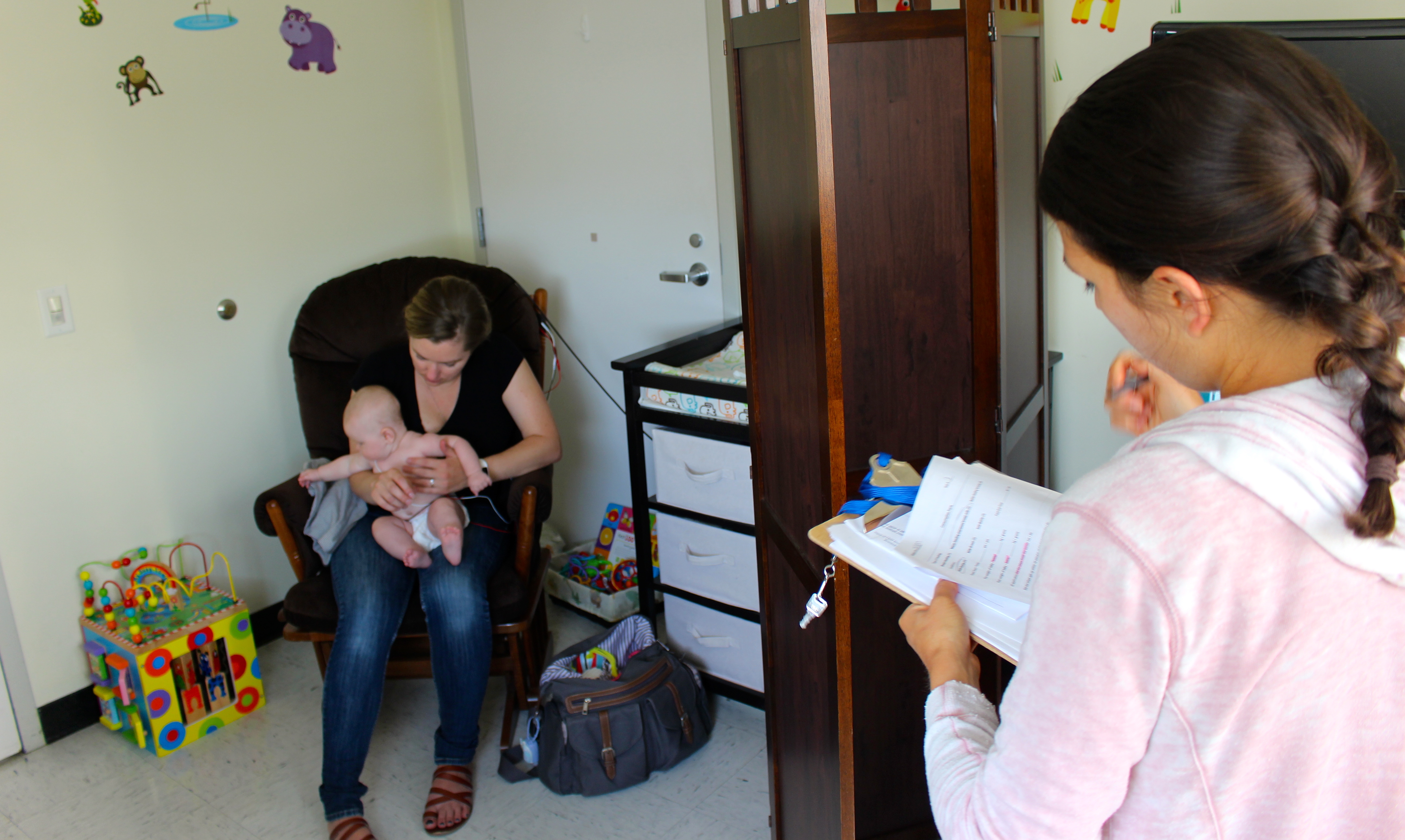Sarah Keadle Grant Announcement

Dr. Sarah Keadle, PhD, Kinesiology & Public Health professor, and colleagues will be researching the best ways to reduce the amount of sedentary screen time for adults outside of work and school as part of a new NIH grant. While sedentary screen time (SST; i.e., television viewing and/or video streaming outside of work and educational pursuits) consumes more than half of available discretionary time and is the single most prevalent use of time for Americans outside of work and sleep, past studies have largely focused on reducing workplace sitting.
Keadle will be working with Co-Principal Investigator Matt Buman, a mHealth behavioral interventionist at Arizona State University along with Cal Poly CHR researchers Suzanne Phelan and Todd Hagobian to develop and test approaches to reduce SST. The core intervention will include self-monitoring and behavioral target to reduce SST by 50%. Researchers will also test three different behavioral components for reducing sedentary screen time in adults ages 23-64 with overweight or obesity.
This is one of two new studies Keadle is currently overseeing. The second study, ACT24, looks at the accuracy of a mobile-based survey about daily activity, ACT24.



